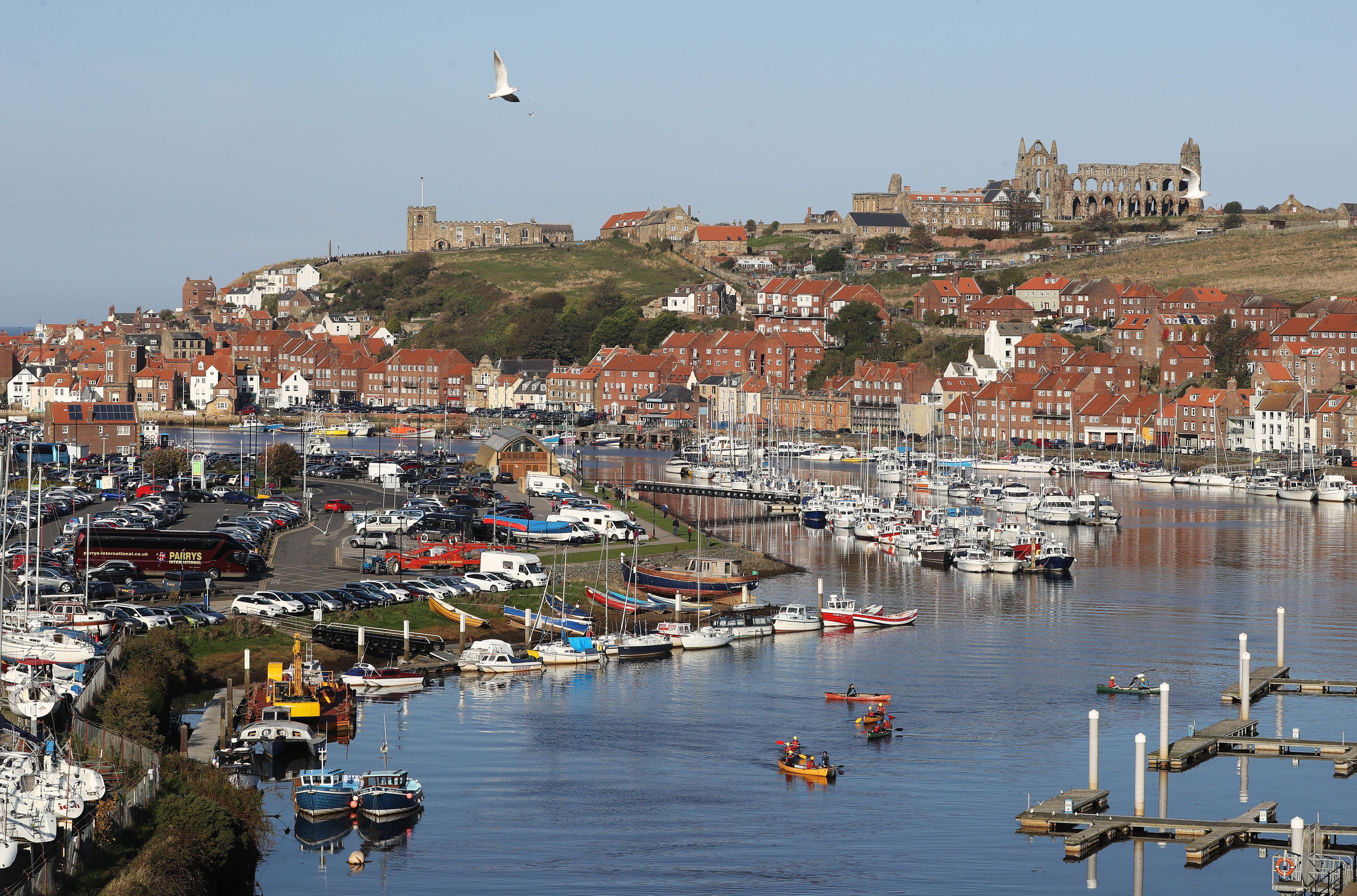Government launches review into short-term tourist accommodation
The review aims to understand the impact of more short-term holiday lets in England.

A registered kite mark scheme and safety spot checks could be part of Government plans to discover the impact of short-term and holiday lets in England’s tourist hotspots.
Tourism minister Nigel Huddleston said a newly launched review seeks to “reap the benefits of the boom in short-term holiday lets while protecting community interests and making sure England has high-quality tourist accommodation”.
No decisions have yet been made, but the review will help “us work out the options to look at so we can protect our much-loved communities and thriving holiday industry”, he added.
Physical checks of properties could be used to ensure regulations covering areas such as health and safety, noise and anti-social behaviour are obeyed.
The Government review into the effect of short-term holiday lets could also include a registration “kitemark” scheme with spot checks for compliance with rules on issues such as gas safety.
Further measures the Government is considering include a self-certification scheme for would-be hosts to register under, and better information or a single source of guidance setting out the legal requirements for providers.
Airbnb data shows a 33% increase in UK listings between 2017 and 2018, from 168,000 in 2017 to 223,000 in 2018.
The Government is calling for feedback over 12 weeks from a range of people and firms including information from hosts, online platforms, accommodation businesses and local authorities.
The Department for Digital, Culture, Media and Sport (DCMS) says the rise in the use of online platforms for short-term letting has enabled people to make money from renting out spare rooms and properties, but there can be an impact on housing supply and prices in these areas.
It adds that fears have been raised about rising anti-social behaviour including noise, waste and drunken behaviour.
There has also been concern about lower protections for guests caused by negligence of health and safety regulations.
Airbnb, who said in a 2018 report that a typical UK host on its platform earns an average of £3,100 a year, has also found that 72% of people said the environmental benefits of home sharing played a role in them using the platform for their travel plans.
The Deregulation Act 2015 will be looked at to see what measures can be taken to tackle anti-social behaviour in London while allowing residents to rent out their homes.
David Weston, chairman of the Bed & Breakfast Association, said: “It is the right time to consider how we protect all consumers, regardless of an accommodation owner’s business model, and level the playing-field between traditional business and those on newer platforms.”
Merilee Karr, of the Short Term Accommodation Association, said: “Short-term and holiday rentals play an increasingly important role in the English tourism economy by contributing significant numbers of jobs in local communities and generating valuable sources of income for local homeowners and businesses.
“Any new regulatory solution should recognise this contribution and seek to support the industry as an important part of the wider UK tourism sector.”
Bookmark popover
Removed from bookmarks